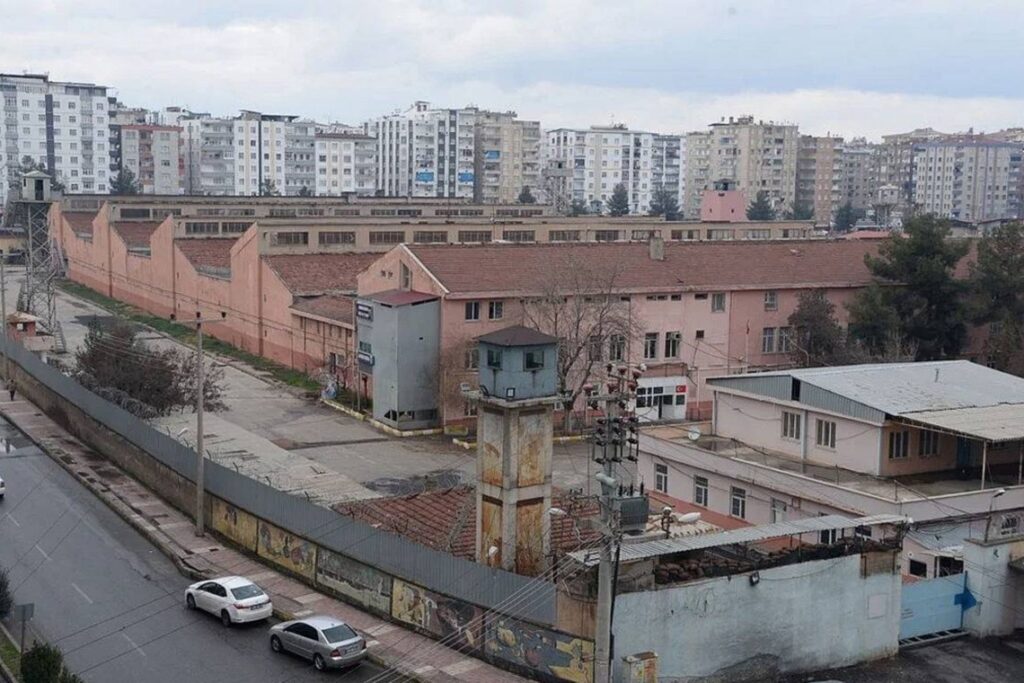Turkey’s top appeals court has upheld lower courts’ rulings concerning the statute of limitations in a trial dealing with the brutal killing of 10 inmates in a prison in the southeastern province of Diyarbakır in 1996 in which none of the defendants was convicted, the Media and Law Studies Association (MLSA) reported on Tuesday.
Ten prisoners were beaten to death with iron rods in 1996 in an incident known as the “Diyarbakır Prison massacre.” Despite nearly three decades of legal proceedings, including three reversals by the Supreme Court of Appeals, the perpetrators were left unpunished.
The incident occurred when prison guards, gendarmes and police allegedly attacked the inmates while responding to protests over prisoner transfers at Diyarbakır’s E-Type Closed Prison on September 24, 1996. Twenty-four other inmates were also injured.
Eighty-nine people including gendarmes, police officers, prison guards and medical staff stood trial.
After the trial had to be delayed multiple times due to procedural and substantive deficiencies, the Diyarbakır 3rd High Criminal Court in 2019 dismissed the charges against the defendants due to the expiration of the statute of limitations.
The victims’ lawyers appealed the ruling, and the 1st Penal Chamber of the Supreme Court of Appeals upheld the local court’s decision after a four-year review, finding no legal errors in the application of the statute of limitations.
According to MLSA, one judge from the top court dissented from the majority opinion, arguing that the court should have closely scrutinized whether the defendants’ actions fell within the scope of their official duties. The dissenting judge maintained that the defendants should have been charged with manslaughter instead of allowing the case to expire under the statute of limitations.
The victims’ lawyers took the case to the European Court of Human Rights (ECtHR), arguing that the lengthy trial process violated the right to a fair trial and the right to life. In 2010 the ECtHR ruled that Turkey had violated Article 2 (right to life) and Article 3 (prohibition of torture) of the European Convention on Human Rights. The court ordered Turkey to pay 798,000 euros ($892,734) in compensation to the victims’ families.
The top court’s decision stands as another clear example of Turkey’s widespread policy of impunity, which is primarily seen in cases regarding worker deaths, incidents of violence against women and attacks targeting opposition politicians, dissident journalists or celebrities, in addition to doctors.
Torture in custody and prisons is still a systematic problem in Turkey about which local rights groups, parliamentarians and state authorities receive hundreds of complaints every year.
After an attempted coup in July 2016, ill-treatment and torture became widespread and systematic in Turkish detention centers. Lack of condemnation from higher officials and a readiness to cover up allegations rather than investigate them have resulted in widespread impunity for the security forces.

